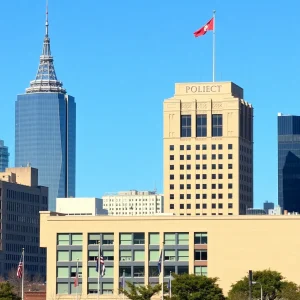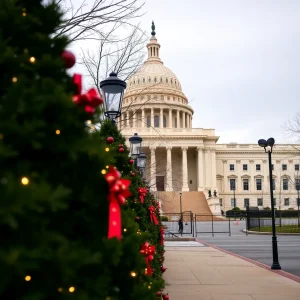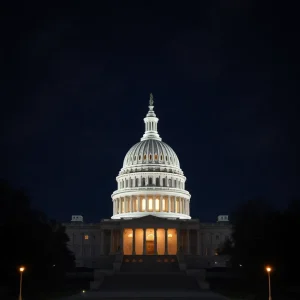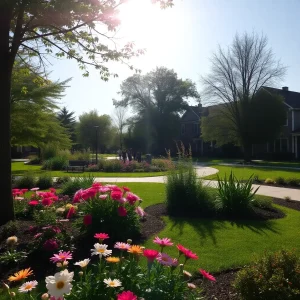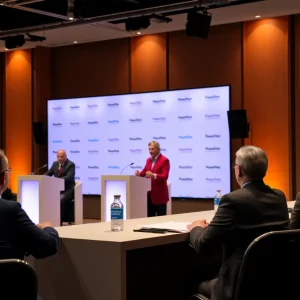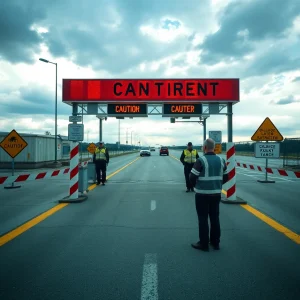Big Changes in Birmingham: School Buses Go Green!
In a delightful turn of events for Birmingham, Alabama, the city’s public school buses are set to make a major switch to green technology! Thanks to a generous federal grant, Birmingham City Schools (BCS) will be adding 20 shiny new zero-emission buses to their fleet, replacing older diesel models that have been reflecting the past.
A Green Light from the EPA
On Wednesday, the United States Environmental Protection Agency (EPA) announced the fantastic news that BCS snagged a whopping $5.6 million grant under the Clean Heavy-Duty Vehicles Grant Program. This funding is aimed at cleaning up the air and promoting a healthier environment for kids and their communities. Alongside the new buses, the grant will also fund the installation of 20 DC Fast Charging (DCFC) stations. How cool is that?
A Loop for Clean Technology
This initiative comes as part of President Joe Biden’s Inflation Reduction Act, which is a bigger push towards dealing with climate change and enhancing American leadership in developing clean technologies. EPA Administrator Michael S. Regan proclaimed, “Thanks to President Biden, we are accelerating American leadership in developing clean technologies that address the impacts of climate change.” This program aims to not only reduce air pollution but also create good-paying jobs in the process.
Why This Matters
You may be wondering, why is this such a big deal? Well, the EPA estimates that there are currently over three million Class 6 and Class 7 vehicles on the roads in the United States, and many of them are contributing to air pollution linked to respiratory and cardiovascular diseases. Improving air quality is not just an environmental issue; it’s a public health one too. The initiative aims to improve air quality for the 72 million people living near truck freight routes in America, especially those in areas struggling with poor air quality.
The Replacement Game
The Clean Heavy-Duty Vehicles Grant Program is specifically designed to help replace older vehicles powered by internal combustion engines with zero-emission options. In total, this grant opportunity has provided over $739 million to 71 applicants across 28 states, plus three tribal nations and one territory. BCS is among the eight honorees in the EPA’s southeast region, showing that there’s a serious commitment to improving air quality where it’s most needed.
What’s Next?
So, what happens now? The EPA plans to finalize the award processes by early 2025. After that, the real work starts! Birmingham will begin implementing these projects over the next two to three years. Along with replacing the buses and setting up charging stations, the funding can cover other improvements that help tackle air pollution in the community.
The Bottom Line
For Birmingham, this is a step in the right direction towards a cleaner, more sustainable future for students and residents alike. Not only do these changes reflect a global commitment to environmental health, but they also pave the way for our younger generations to breathe cleaner air. Every journey taken in those new buses will be a comfortable reminder of a community moving forward while looking out for the planet.
Stay tuned for more updates on this exciting project and find out how Birmingham is leading the way in green initiatives!




